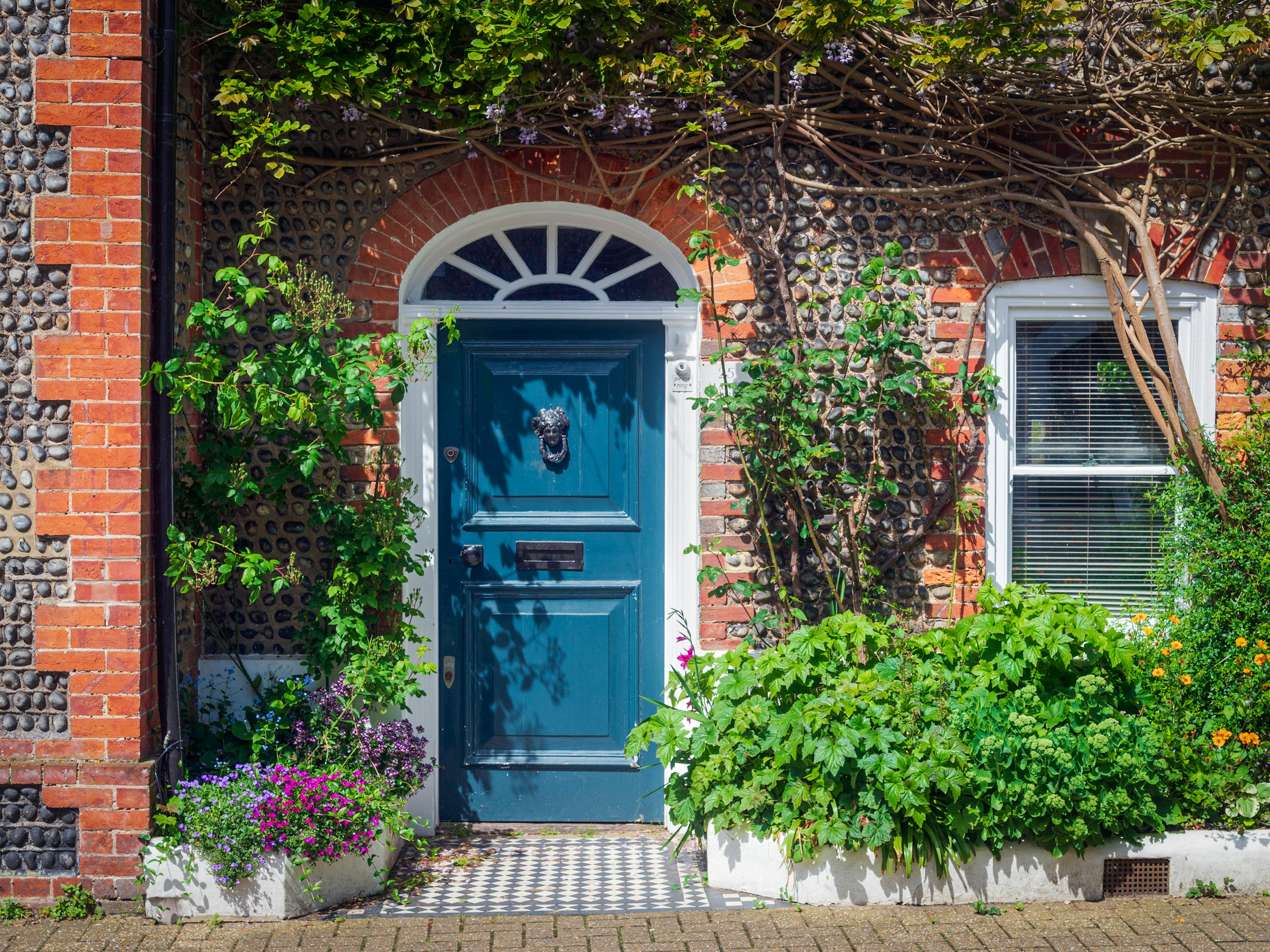By Sarah Rawle
ÔÿàÔÿàÔÿàÔÿà
Top or Bottom? If you haven’t been asked this question yourself, you have likely heard it before. Maybe not sung to you accompanied by a ukulele, or alongside a lesson in 1970s handkerchief code ÔÇô but such is the uniqueness of ÔÇÿBottom’. It is a question about the power dynamics of sex. A question which has become so engrained in our society that it frames the infrastructure of queer relationships in particular. Top or Bottom? A frustrated Willy Hudson asks us why this question is necessary, and why it is so often the first question asked.
The delightful Willy Hudson has now given us his sixth performance of the hilarious and thought-provoking “queer coming-of-age remix”, ÔÇÿBottom’ (dir. Rachel Lemon). His pink nail varnish and immediately captivating personality leave us in awe of his authenticity, even reaching under our seats to retrieve his clothing. In this light-hearted reworking of Willy’s own experiences, the trinity of his life ÔÇô “self-esteem, love of Beyonc├®, quest for love” ÔÇô combine to fuel a laugh-out-loud exploration of the question beneath the surface: how young queers navigate the world around them.
As he struggles to navigate friendships and doomed relationships, Willy knows that something is wrong. He decides to face and begin to break down this question of ÔÇÿTop or Bottom’.
Essentially what Willy is asking is to be heard, to be seen as a person beyond the labels. Through the liberating and therapeutic power of writing his show, Willy shows his audiences (myself included) that their stories are valid and deserve to be heard. Seeing this passionate individual existing authentically is infectious. It gives us the confidence to know that we too can be ourselves. In essence, ÔÇÿBottom’ speaks to anyone who has ever felt different.
As he gazes devotedly up to the giant portrait of Beyonc├® for guidance and approval, I think we can all draw inspiration from Willy himself and the empowering way in which he is living his life unapologetically.
Inside the suffocating bedroom of his London flat, Willy argues that we shouldn’t have to place ourselves in one binary box. Struggling to maintain the image of someone he is not on that tragic Tinder date, he shows the impossibility of living in the confines of one identity. ÔÇÿTop’ or ÔÇÿBottom’. We can be neither and both. We can choose to use labels and we can choose what those labels are, but a label should not define us.
Like all of us, Willy wasn’t born perfect, and he shows us that he too used to play along to these sexual stereotypes. But through an acceptance of himself and a desire to speak out against this restricting dynamic, he is able to escape the toxic people, places and activities he once associated with.
ÔÇÿBottom’ shows us that self-criticism and self-hatred can’t be the normal conversation we have with ourselves. Willy pulls apart the “plastic-ness and hardness” of a mannequin ÔÇô the idealised image he continues to compare himself to ÔÇô and only re-assembles it as he begins to decide who he is and what he wants.
It may be surprising to learn that Willy has faced criticism largely from gay men, in response to his show. But their harassment only serves to show that this question remains a problem that needs to be addressed. This is a question that is not being talked about enough, but ÔÇÿBottom’ has begun that discussion. Whilst a very private person off-stage, Willy possesses the bravery and confidence to expose the reality of the gay dating scene through his performance. He shows us the honest messiness of gay sex (chocolate spread involved), criticising what porn portrays as healthy sex.
Every member of the audience in The Other Room at Porters, Cardiff, cannot help but beam at the smile that ignites Willy’s face when the text tone he’s been waiting for finally pings. We’ve experienced his story of mistakes, burnt fish and mushy peas, heartache, embarrassment, self-criticism, but he’s finally succeeded in his quest for love. ÔÇÿBottom’ gives us the queer happy ending he deserves, rarely seen in Hollywood and across the media. The fireworks and stars he has too long been yearning for and denied, have finally arrived. When the lights cut, we are left with an empowering sense of hope. Hope that this question of Top or Bottom will continue to be contested, sparked by Willy’s refusal to let the problem fall silent any longer. After all, don’t we all deserve a happy ending?
I’ll ask you one more time, Top or Bottom? How about human?


